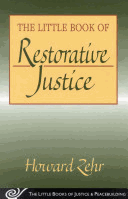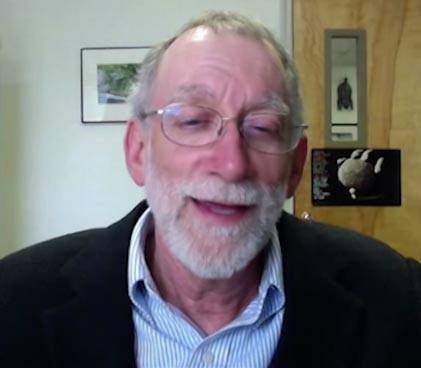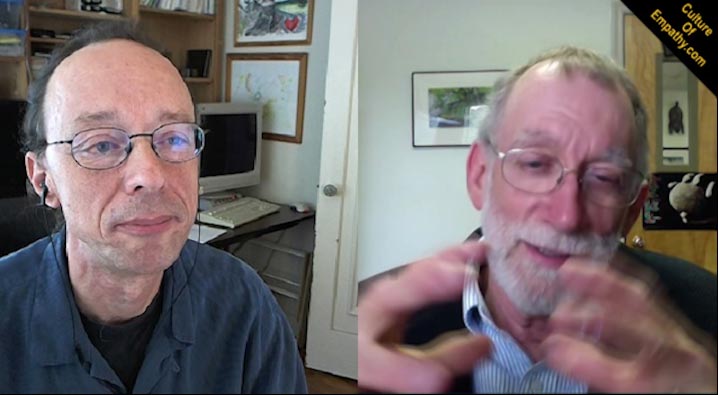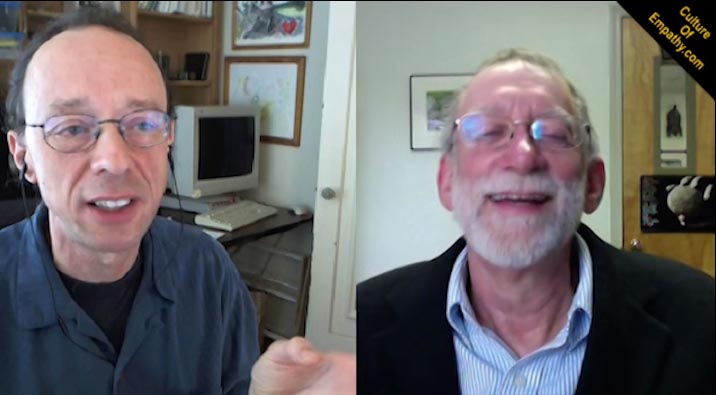|
|
|
Culture of Empathy Builder:
Howard Zehr
Howard Zehr & Edwin Rutsch: How
to Build a Culture of Empathy with Restorative Justice (Restorative
Empathy)
Widely known as “the grandfather of restorative justice,”
Zehr began as a practitioner and theorist in restorative justice in the
late 1970s at the foundational stage of the field. Author of many books
including
The Little Book of Restorative Justice. Howard Zehr & Edwin Rutsch: How to Build a Culture of Empathy with Restorative Justice
Transcripts
The Call of
Restorative Justice P1/2 18:50 "This vision of mutuality is supported by neuro
science and attachment theory. The new neuro science is teaching us
that we as a human being, our brains are designed to connect
with other people. If you watch an infant as they just being to
mature, they look at you and they're trying to connect. I heard
several neuroscientists looking at Restorative Justice say, the brain
desires to connect with other people and healthy learning healthy
neural pathways, are our learning mechanism ... abuse, no bonding,
|
|||||||||
|
||||










